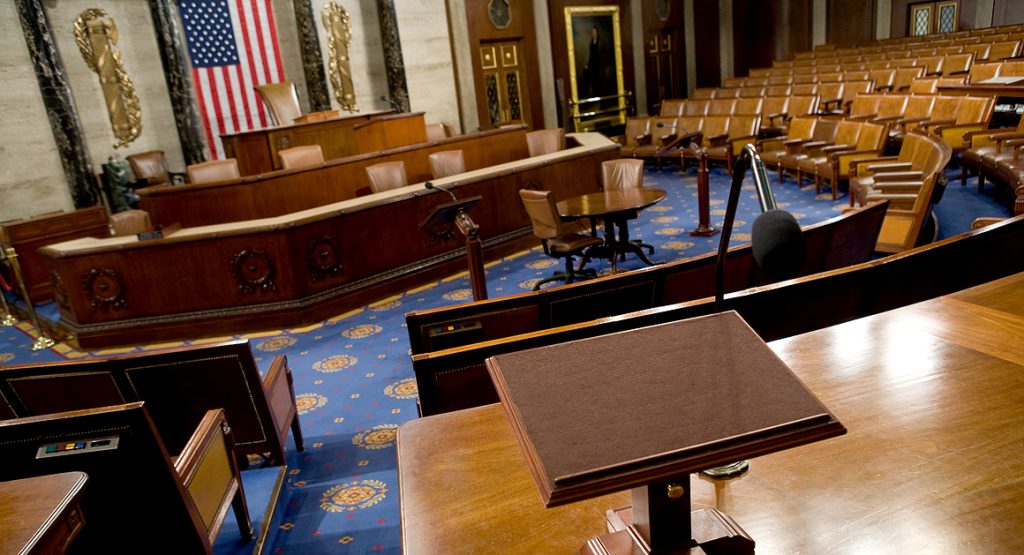West Virginia Abortion Ban: West Virginia Appeals Court Upholds Controversial Abortion Medication Ban, ET Health

A divided federal appeals court on Tuesday upheld West Virginia's near-total ban on abortion, including limits on the widely used medication abortion drug mifepristone.
The 4th U.S. Circuit Court of Appeals in Richmond, Virginia, said the Food and Drug Administration's approval of mifepristone did not preempt West Virginia's law as applied to medication abortions, which account for more than half of U.S. abortions.
Circuit Judge J. Harvie Wilkinson said a 2007 federal law giving the FDA more authority over "high-risk" drugs did not evince a clear intention to displace states' traditional right to protect their citizens' health and safety.
Wilkinson also found no indication that Congress intended to guarantee nationwide access to mifepristone.
"The debate joined by able and dedicated supporters and opponents of access to abortion medications is simply not one, in the absence of clear congressional direction, for this court to decide," the judge wrote.
Tuesday's 2-1 decision is the first by a federal appeals court to say states can restrict use of the pill. In June 2024, the U.S. Supreme Court preserved access to mifepristone, rejecting an effort by anti-abortion doctors and groups to roll back FDA approval.
West Virginia's law had been challenged by GenBioPro, a Nevada company that sells a generic version of mifepristone. Opponents said letting the law stand could allow other states to criminalize access to federally approved medications. The law "sets a dangerous precedent regarding access to other evidence-based health care that (the) FDA has deemed safe and effective," said Skye Perryman, president of the nonprofit Democracy Forward, which helped represent GenBioPro.
Erin Hawley, a lawyer representing West Virginia, said the court "rightly refused GenBioPro's invitation to federalize the issue of abortion."
Hawley is senior counsel at the nonprofit Alliance Defending Freedom, which also brought the Supreme Court mifepristone case. Governor Patrick Morrisey, a Republican who defended West Virginia's law as that state's attorney general, called the decision a "big win" that lets West Virginia "lead the nation in our efforts to protect life."
DISREGARDING SUPREME COURT 'NOT AN OPTION'
Mifepristone is the first pill, followed by the drug misoprostol, for medication abortion in the first 10 weeks of pregnancy, and won FDA approval in 2000.
Twenty-eight states restrict access to medication abortions, according to the nonprofit Guttmacher Institute, which focuses on reproductive health.
West Virginia's Unborn Child Protection Act banned abortion with narrow exceptions, including within the first 14 weeks of pregnancy for minors who are victims of rape and incest.
Without opining on the law, Wilkinson said federal courts shouldn't substitute their policy preferences for those of state legislators. He also said voiding the law would amount to near "defiance" of Dobbs v. Jackson Women's Health Organization, the 2022 Supreme Court decision that eliminated the federal constitutional right to abortion.
"Just after the Supreme Court restored the states' traditional authority to regulate abortion, GenBioPro would have us wrest it right back," Wilkinson wrote. "At a time when the rule of law is under blunt assault, disregarding the Supreme Court is not an option," he added.
Wilkinson was appointed to the bench by Republican President Ronald Reagan. His opinion was joined by U.S. District Judge Rossie Alston, an appointee of Republican President Donald Trump who normally sits in Alexandria, Virginia.
Circuit Judge DeAndrea Gist Benjamin, an appointee of Democratic President Joe Biden, dissented, saying West Virginia's law "erects barriers to life-saving healthcare for countless West Virginians in ways not envisioned by Congress."
She also said the law could unduly burden patients in medically underserved areas elsewhere by forcing West Virginians to travel to other states for treatment.
Tuesday's decision upheld an
August 2023 ruling
by U.S. District Judge Robert Chambers in Huntington, West Virginia.
The case is GenBioPro Inc v Raynes et al, 4th U.S. Circuit Court of Appeals, No. 23-2194. (Reporting by Jonathan Stempel in New York; Editing by Mark Porter, Alexia Garamfalvi, Cynthia Osterman and Marguerita Choy)

You may also like...
Diddy's Legal Troubles & Racketeering Trial

Music mogul Sean 'Diddy' Combs was acquitted of sex trafficking and racketeering charges but convicted on transportation...
Thomas Partey Faces Rape & Sexual Assault Charges

Former Arsenal midfielder Thomas Partey has been formally charged with multiple counts of rape and sexual assault by UK ...
Nigeria Universities Changes Admission Policies

JAMB has clarified its admission policies, rectifying a student's status, reiterating the necessity of its Central Admis...
Ghana's Economic Reforms & Gold Sector Initiatives

Ghana is undertaking a comprehensive economic overhaul with President John Dramani Mahama's 24-Hour Economy and Accelera...
WAFCON 2024 African Women's Football Tournament

The 2024 Women's Africa Cup of Nations opened with thrilling matches, seeing Nigeria's Super Falcons secure a dominant 3...
Emergence & Dynamics of Nigeria's ADC Coalition

A new opposition coalition, led by the African Democratic Congress (ADC), is emerging to challenge President Bola Ahmed ...
Demise of Olubadan of Ibadanland
Oba Owolabi Olakulehin, the 43rd Olubadan of Ibadanland, has died at 90, concluding a life of distinguished service in t...
Death of Nigerian Goalkeeping Legend Peter Rufai

Nigerian football mourns the death of legendary Super Eagles goalkeeper Peter Rufai, who passed away at 61. Known as 'Do...





